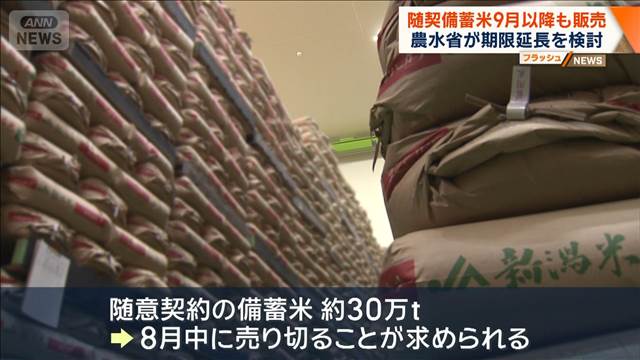Japan's Minister of Agriculture has announced that the sale of emergency stockpiled rice will be extended. The program, established as a measure to support local farmers and maintain the country's food security, has been a critical resource during unexpected market fluctuations. The exact duration of the extension is not mentioned, suggesting it is contingent on market stabilization.
In Japan, agriculture specifically rice is not just an economic issue, but also deeply tied to social and cultural identities. The extension of rice sales aids local farmers suffering from market instability and ensures the nation maintains food self-sufficiency. The Minister's decision is seen as an urgent response to support both the agricultural sector and Japanese food sustainability.
In the U.S. and EU, governments also take measures to protect domestic agriculture through different mechanisms like subsidies or market protections. However, unlike Japan's rice stockpiling system, the emphasis is often on subsidies to farmers and promoting exports, rather than keeping a physical emergency reserve.

